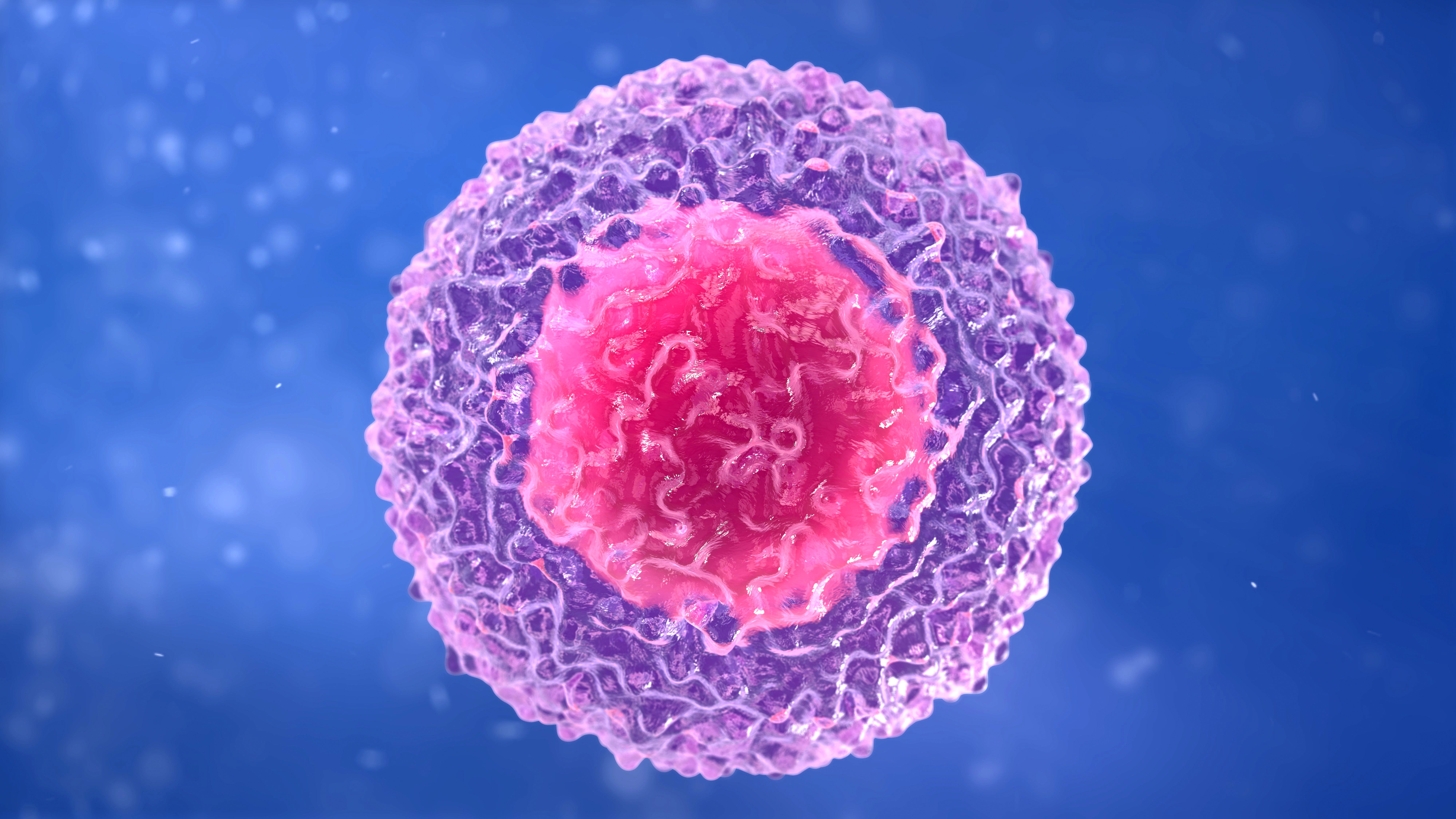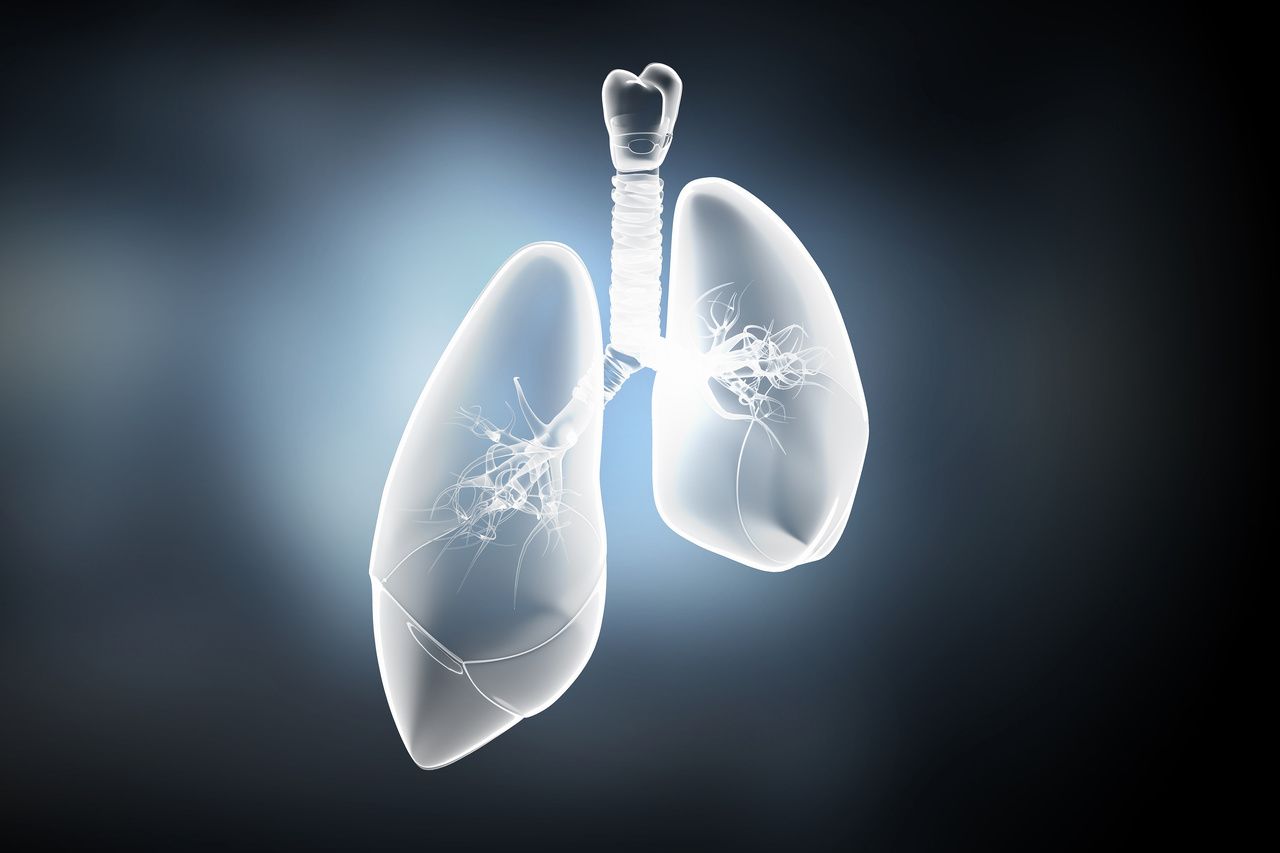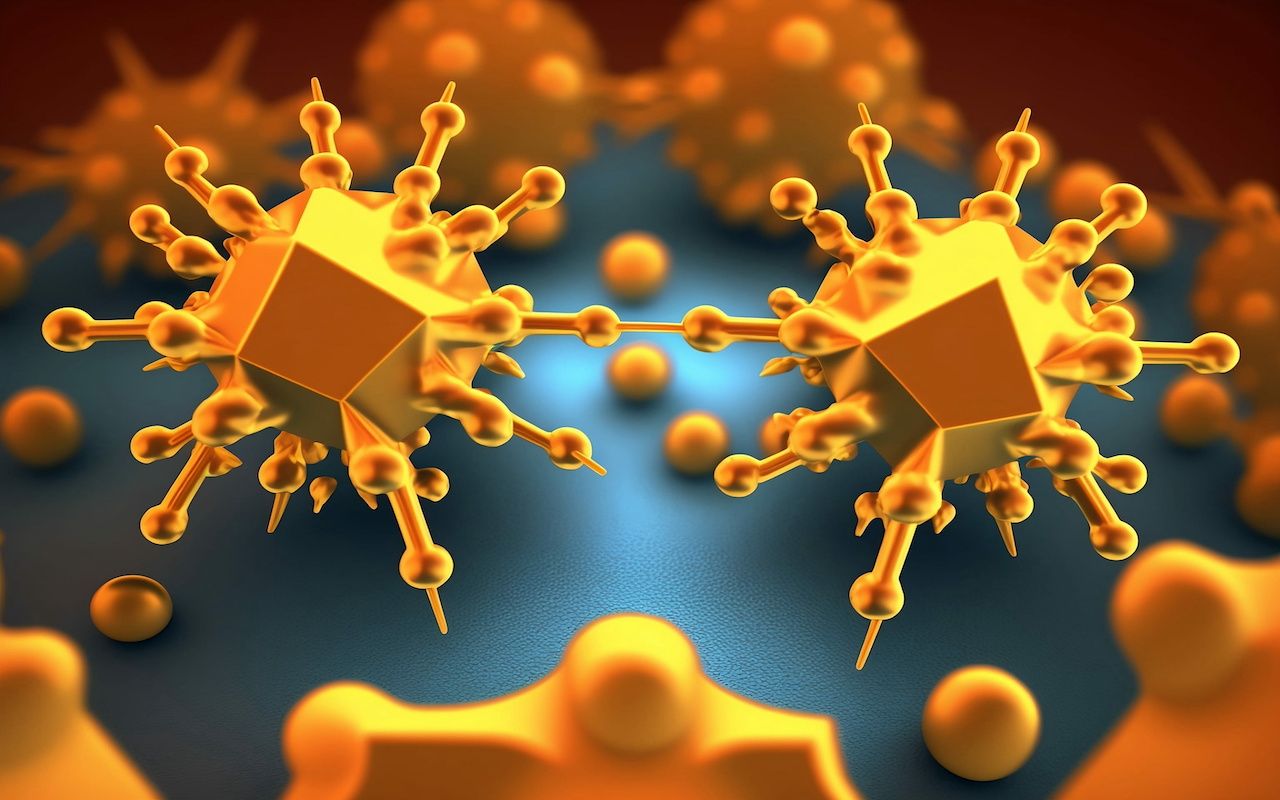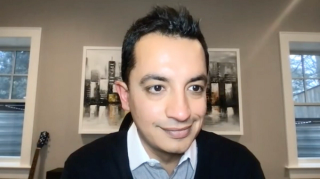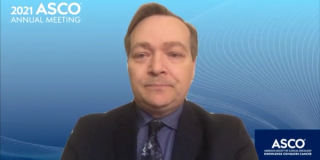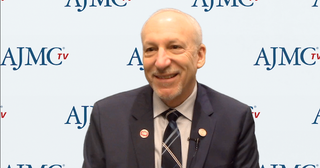
Immuno-Oncology
Latest News
Latest Videos

CME Content
More News

A new review outlines strategies that may help reduce the risk of severe cytokine release syndrome (CRS) for patients treated with immunotherapy.
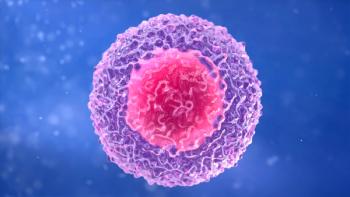
Considering the depth and durability of responses with axicabtagene ciloleucel (axi-cel) in large B-cell lymphoma (LBCL), the investigators added that CAR T cells should no longer be seen as a therapy only for heavily pretreated patients, but also as an option for earlier lines of therapy.

Investigators found important differences that may help clinicians better understand how to manage toxicities associated with the therapy.
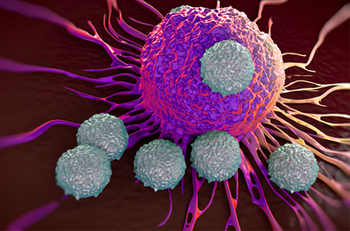
The findings, which suggest that axicabtagene ciloleucel (axi-cel) may be a good option for a patient group often deemed ineligible for other curative-intent therapy, come from a planned subgroup analysis from the ZUMA-7 trial.

The autologous CAR T-cell therapy axicabtagene ciloleucel (axi-cel) demonstrated effectiveness and safety consistent with the ZUMA-5 trial when used in real-world settings to treat a broader population of patients with follicular lymphoma (FL).
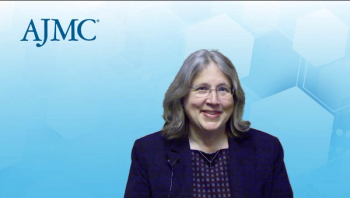
Barb Kunz, MS, LCGC, senior genetic counselor at the US Oncology Network, discussed the importance of germline genetic testing in patients with triple-negative breast cancer and other cancer types.
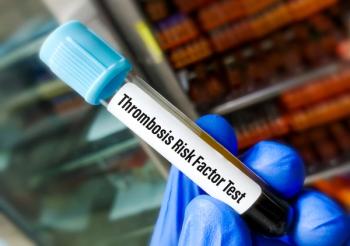
The study, wrote the researchers, offers insight into emerging and uncommon complications following chimeric antigen receptor (CAR) T-cell therapy.
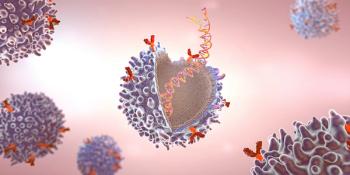
Investigators said longer-term outcomes from chimeric antigen receptor (CAR) T-cell therapies are still a significant question in patients who have non-Hodgkin lymphoma (NHL) or acute lymphoblastic leukemia (ALL).

Mark A. Socinski, MD, executive director of the AdventHealth Cancer Institute, shared his thoughts on the most important recent advances in non–small cell lung cancer (NSCLC), including a better understanding of patients who may benefit from immunotherapy.

Precision medicine starts with the patient-physician relationship, and this also involves an entire care team, emphasized Sigrun Hallmeyer, MD, medical oncologist with Advocate Health.
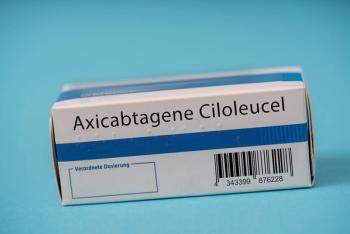
Researchers compared chimeric antigen receptor T-cell therapies axicabtagene ciloleucel (axi-cel) and tisagenlecleucel.
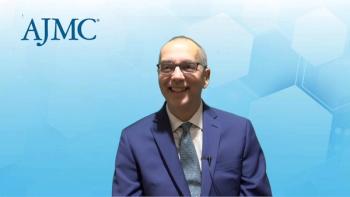
Kevin Davies, PhD, executive editor, The CRISPR Journal and GEN Biotechnology, discusses how CRISPR technology has seen success and potential areas for future application.
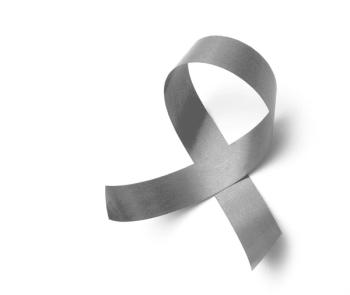
For Brain Cancer Awareness Month, AJMC shares an interview with Day One Biopharmaceuticals CEO Jeremy Bender, PhD, MBA. Bender discussed the company's lead agent, tovorafenib, which has shown promise in treatment of pediatric low-grade glioma.
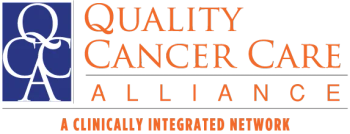
An expert panel at the recent meeting of the Quality Cancer Care Alliance discussed the Enhancing Oncology Model (EOM), which is set to begin on July 1, 2023.

A recent study found that patients with advanced solid cancers with high tumor mutational burden (TMB) saw improved outcomes on immune checkpoint inhibitors (ICIs) compared with patients who had low-TMB cancers.
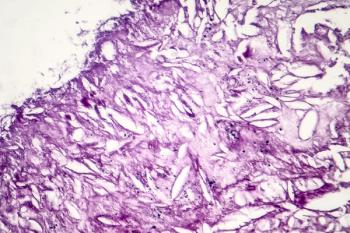
These study results are the first to demonstrate randomized evidence that a personalized neoantigen approach could be beneficial for patients with cancer.
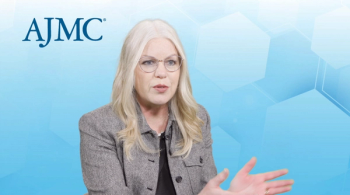
Shiela Plasencia, director of practice support at the Community Oncology Alliance, discusses the benefits of collecting social determinants of health data for both the patient and provider.
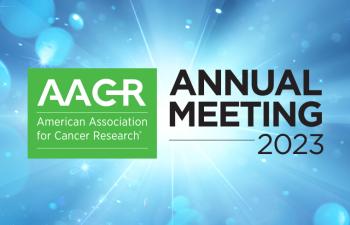
This combination is among the many cancer vaccine collaborations being pursued.

Immunotherapies are an important breakthrough in cancer treatment, but little is known about which practices adopt the therapy or the pace at which they do so.

Chimeric antigen receptor (CAR) T-cell therapies have shown efficacy and safety for relapsed or refractory diffuse large B-cell lymphoma (DLBCL), but barriers to referral may obstruct patient access to them.
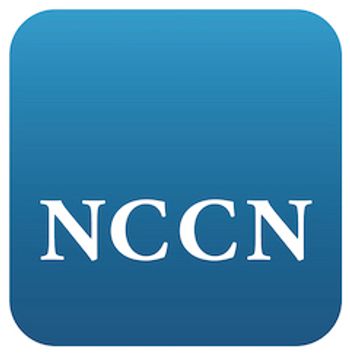
As much as immuno-oncology has been a leap forward, the ability to address immune-related adverse events is critical to making these therapies available in settings beyond academic centers; thus, the National Comprehensive Cancer Network offers clinical guidelines for management of toxicities.

A study of patients with acute myeloid leukemia (AML) in first remission found that the presence of certain variants indicative of measurable residual disease ahead of allogeneic hematopoietic cell transplant (HCT) was associated with relapse and worse survival.

The FDA has granted accelerated approval to enfortumab vedotin-ejfv plus pembrolizumab for patients with locally advanced or metastatic urothelial carcinoma who are not eligible for cisplatin-containing chemotherapy.
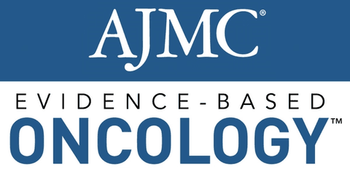
Based on promising results, the biotech IMV has moved into phase 2b trials with a cancer vaccine composed of survivin epitopes that uses the company’s proprietary delivery system to elicit persistent immune responses.

A prespecified overall survival analysis of the phase 3 ZUMA-7 trial found that axicabtagene ciloleucel (axi-cel) led to better outcomes vs the historical standard of care for relapsed or refractory large B-cell lymphoma (R/R LBCL).
